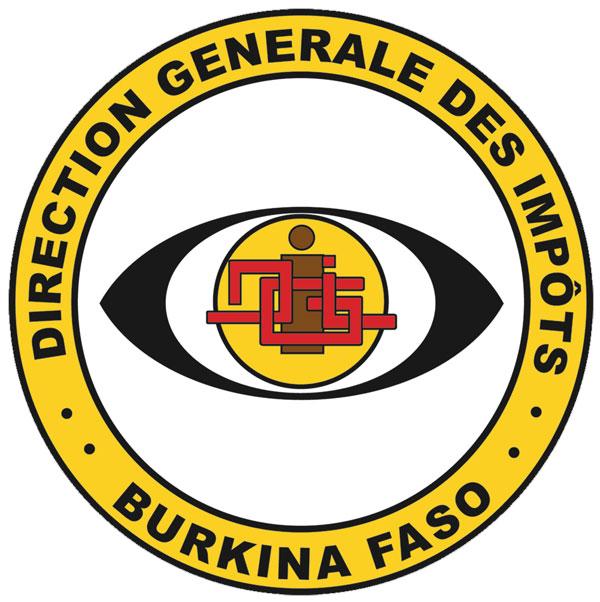|
There are several important steps to consider when you are to open a business in Burkina Faso.
View of Capital City Ouagadougou, Burkina Faso

| Start by developing a viable business idea and a detailed business plan. Your plan should include information about your business structure, target market, products or services, financial projections, and marketing strategy.
Decide on the legal structure of your business. Common options in Burkina Faso include Sole Proprietorship, Limited Liability Company (SARL), Joint Stock Company (SA), and Partnership. The choice of structure will affect your liability, taxes, and registration requirements.
Sole Proprietorship (Entreprise Individuelle):
Advantages:
- Simple and easy to set up with minimal administrative requirements.
- Full control and ownership of the business.
- Direct tax benefits, as profits are typically taxed as personal income.
Disadvantages:
- Limited access to capital, as it relies mainly on the owner's resources.
- Unlimited personal liability, meaning the owner's personal assets can be used to cover business debts.
- Limited potential for growth due to resource constraints.
Limited Liability Company (Société à Responsabilité Limitée or SARL):
Advantages:
- Limited liability, which means that the personal assets of the owners are protected from business debts.
- Flexibility in ownership structure, allowing multiple shareholders.
- Easier access to capital compared to a sole proprietorship.
Disadvantages:
- Administrative and regulatory requirements can be more complex than a sole proprietorship.
- SARLs are subject to corporate income tax, which may affect taxation.
- Limited ability to raise capital compared to a Joint Stock Company.
Joint Stock Company (Société Anonyme or SA):
Advantages:
- Limited liability for shareholders, similar to SARLs.
- Greater access to capital through the issuance of shares.
- Ability to attract investors and go public if desired.
Disadvantages:
- More complex administrative and reporting requirements than SARLs.
- Subject to corporate income tax.
- Stricter regulatory compliance and governance requirements.
Partnership (Société en Nom Collectif or SNC):
Advantages:
- Partnerships are relatively easy to establish.
- Partners can share responsibilities, resources, and profits.
- Flow-through taxation, meaning business profits are generally taxed as personal income for partners.
Disadvantages:
- Partnerships do not have limited liability protection, meaning partners are personally liable for business debts.
- Limited access to capital compared to corporations.
- Potential for conflicts and disagreements among partners.
Register your business with the appropriate government authorities. You will need to visit the Trade and Personal Property Credit Register (RCCM) to register your business name and obtain a business identification number.
Register for tax purposes with the Directorate General of Taxes (DGI) and obtain a Tax Identification Number (TIN).
Logo of Directorate General of Taxes (DGI)

| Business Taxes in Burkina Faso
- * Corporate Income Tax (Impôt sur les Bénéfices Industriels et Commerciaux - BIC): The standard corporate income tax rate was 27.5% for most businesses.
- Mining companies were subject to a specific tax regime with rates varying based on factors like production and sales.
- * Value Added Tax (Taxe sur la Valeur Ajoutée - TVA):Burkina Faso implemented a VAT system with various rates:
The standard VAT rate was 18%.
A reduced rate of 10% applied to certain goods and services.
Some goods and services were exempt from VAT. - * Payroll Taxes:Employers were required to contribute to social security funds for their employees. The rates for these contributions varied depending on salary levels and other factors.
- * Local Taxes:Local municipalities in Burkina Faso could levy various local taxes on businesses, including property taxes and business license fees. The rates for these taxes could vary from one municipality to another.
- * Customs Duties:Import and export duties were applicable to goods entering or leaving Burkina Faso. These rates could vary depending on the type of goods and trade agreements.
- * Capital Gains Tax:Capital gains from the sale of certain assets were subject to taxation. The tax rate varied depending on the asset type and holding period.
- * Withholding Taxes: Burkina Faso imposed withholding taxes on various types of payments, including dividends, interest, royalties, and services. The rates for withholding taxes could vary depending on the type of payment and the recipient.
- * Environmental and Mining Taxes: Businesses involved in mining and related activities were subject to specific taxes and royalties based on production and sales.
- * Tax Incentives: Burkina Faso offered tax incentives and exemptions to promote investment in certain sectors, such as agriculture and tourism.
Depending on your business type and location, you may need additional permits or licenses from municipal authorities or sector-specific ministries. Check with local authorities for specific requirements.
Open a business bank account with a local bank in Burkina Faso. This account will be used for business transactions and to demonstrate financial stability.
If you plan to hire employees, you'll need to register your business with the National Social Security Fund (CNSS) and comply with labor laws regarding hiring and employee benefits.
Find a suitable location for your business if it requires a physical presence. Negotiate leases or rental agreements if necessary.
Consider obtaining business insurance to protect your assets and mitigate risks associated with your business operations.
Establish a proper accounting system and maintain accurate financial records. Compliance with financial reporting requirements is essential.
If your business involves importing or exporting goods, familiarize yourself with customs and trade regulations. Obtain any required import/export licenses.
Develop a marketing plan to promote your business locally and internationally if applicable.
Ensure that you comply with all relevant regulations, including tax filing and reporting requirements.
In some cases, it may be beneficial to partner with a local business or individual to navigate the local business environment. Consider seeking assistance from legal and financial professionals who are familiar with Burkina Faso's business regulations and tax laws. Useful Links
|